How do you live in a body that you don't recognize as your own?
This is the question that Karine Le Marchand asked herself in the face of transidentity.
In France, more than 15,000 people would feel born in the wrong gender.
A phenomenon that the host wanted to understand from the inside.
For this, she decided to produce the documentary
Trans: unique in their genre
, broadcast this Thursday, October 6 on M6.
To discover
TV program: Find tonight's TV program
A strong film, directed by Delphine Cinier, highlighting Emma 63 years old who waited 57 years to talk about her desire to change gender, Aëla, 34 years old, harassed during her adolescence who embarked on her transition at 26 years old and finally Zach, 20, who started hormone treatment five years ago.
All three recount with frankness and modesty their difficult journey to become who they really are.
Karine Le Marchand, who met the relatives of the witnesses and will lead a debate after the film is broadcast, confides in this new adventure.
TV MAGAZINE. - What was the genesis of this project?
Karine LE MARCHAND.
-
I read an article that talked about an increase in requests, in court, for gender reassignment.
When I don't know a universe, it affects me and I find it hard to have an opinion, I tell myself that I shouldn't be the only one.
So I started to read, to meet people, to document myself.
And then the evidence of making a documentary arrived.
Read alsoKarine Le Marchand: "I have the feeling that people know who I really am"
How did you find Emma, Aela and Zach, your three witnesses?
We wanted people who were at different stages and who were able to verbalize their entire journey.
We also wanted them to be different ages because things have changed a lot over the decades.
And, above all, I didn't want caricatural people but people who are in life, work and have managed to keep ties with their loved ones because many transgender people cut ties with their families.
We took over a year to do the casting.
At the start, we had a blockage of associations asking us what we were getting into.
We met them and it took us a long time to convince them to participate but we succeeded.
In what state of mind are your witnesses before the broadcast?
They have seen the documentary and are very proud to be part of it and to have shown their truth.
They say it truly represents them, that nothing has been watered down or made too pretty or too dark for television.
I think we showed what they were.
They are people that we love very much and that we see in life.
This is one of the great encounters.
You interview their loved ones in the documentary…
I wanted to show that the relationship with others, with those around you, is very important because there are bound to be very strong consequences.
Aela says, for example:
“Before it was I who suffered.
Then it was my dad.
In this story, everyone suffers”
.
I found that very strong.
“There is a real change in mentalities and that's good.
Afterwards, there must be no deviations.
We talk about it in the debate »
Karine Le Marchand
What particularly touched you?
The difficulty of Emma who took 57 years to assume who she was.
I believe that giving up what you feel inside for so many years is a great pain.
She couldn't allow herself to say it.
We see that today Zach does not even ask the question.
There is a real change in mentalities and that's good.
Afterwards, there must be no deviations.
We talk about it in the debate.
What did you learn from making this documentary?
I understood the suffering and the obstacle course of these people.
I also understood the responsibility of the media.
By showing transgender people, we have the responsibility first of all not to make caricatures of them and then to highlight the reality of their lives.
It's important to show that it's difficult, that the surgery is not yet perfected, that they have to follow hormone treatments for life, that there are dangers and that we don't comes out when surrounded.
It also seemed obvious to me to have a debate after the broadcast, in particular to know how to react when your child expresses his desire to change gender.
And then, how to be sure that it is indeed a transidentity and not a problem of general identity?
We
Read alsoKarine Le Marchand: “There were quite strong moments of tension with Marine Le Pen before the head-to-head”
Who do you receive?
Serge Hefez, psychiatrist and psychoanalyst at the head of a child/adolescent consultation at Pitié Salpêtrière;
Zach, witness of the documentary;
Solange who opposes her son and refuses that he does a treatment before having followed a psychoanalysis;
Blandine, feminist and creator of the
Rebelles du genre
podcast, which refutes the notion of gender and considers that, when you are born a girl, you may take hormones or have surgery, but you remain a girl.
It is therefore a very rich debate.
Why is this documentary important to you?
The DNA of my production company is to give voice to people who do not necessarily have it, whether they are politicians, obese people, robbers or today transgender people.
What I like is to re-establish a truth from within.

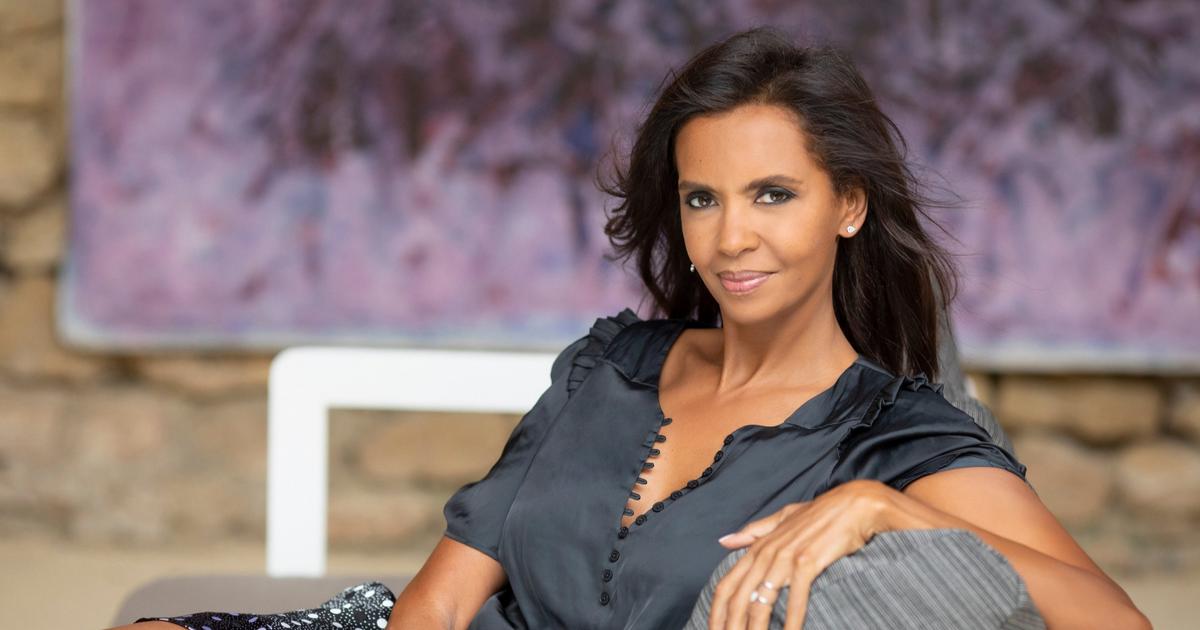
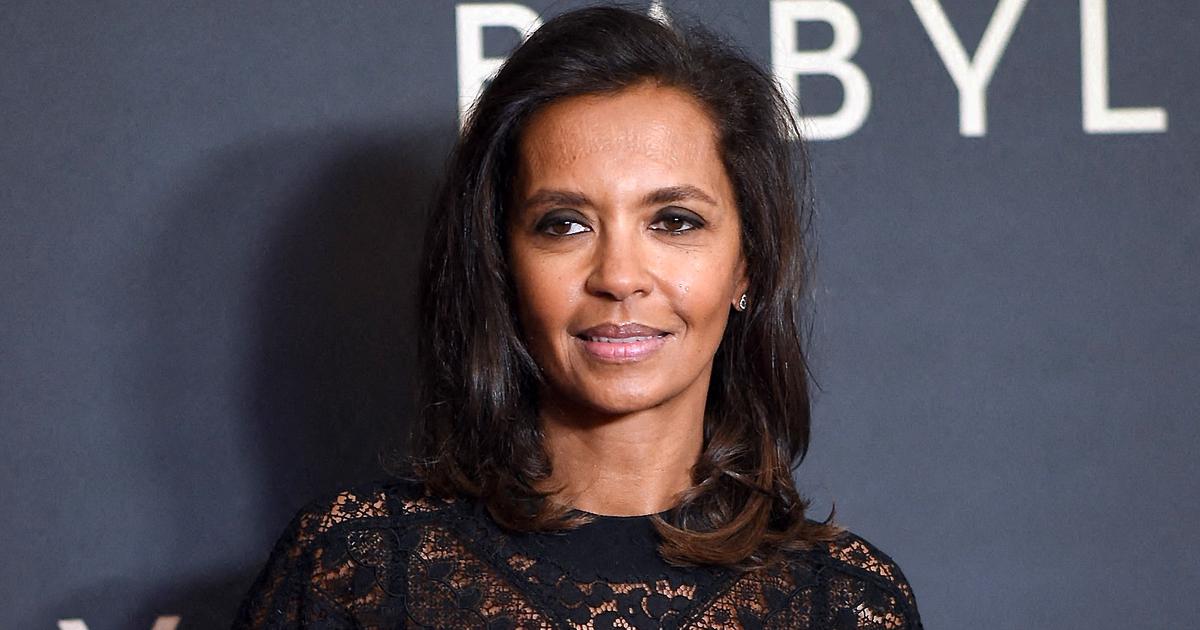
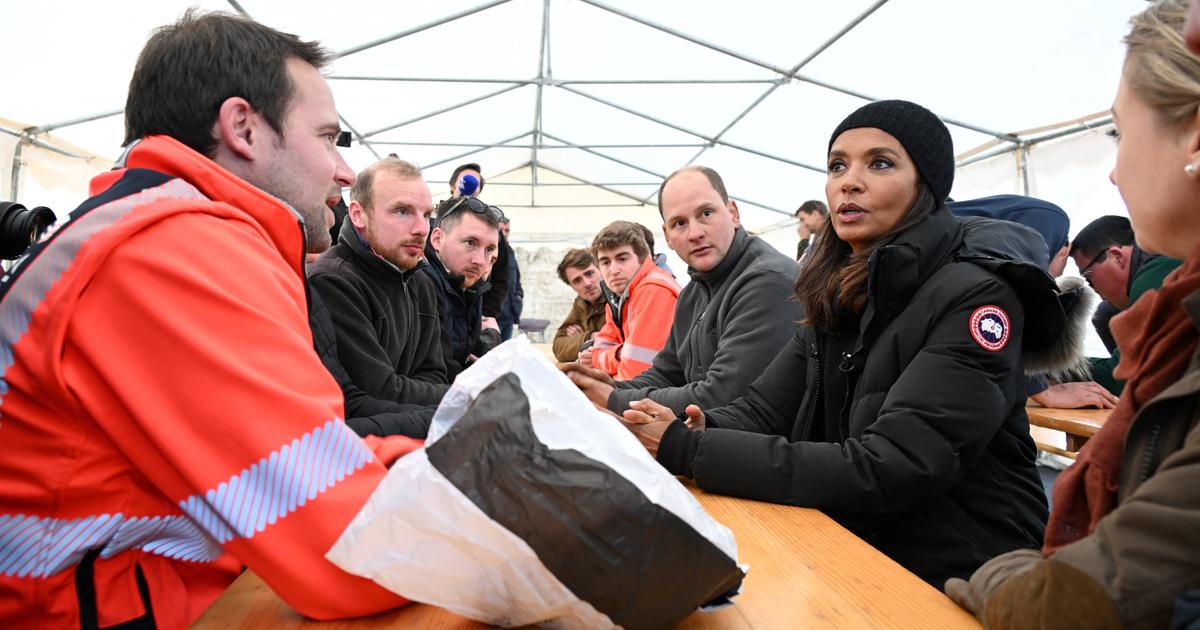

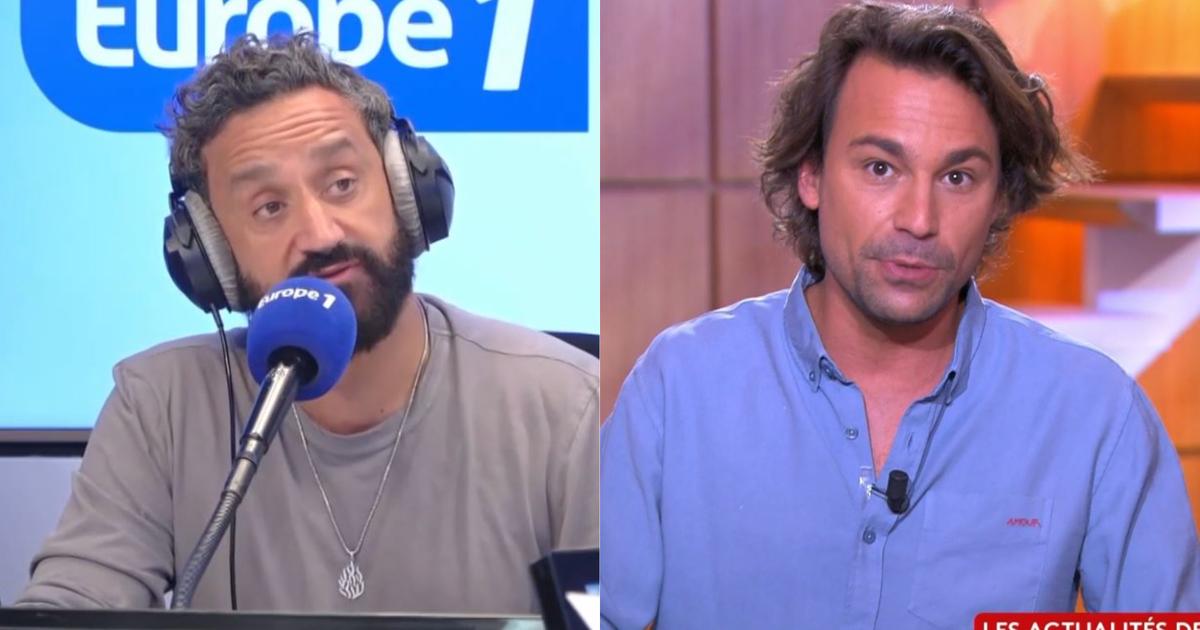
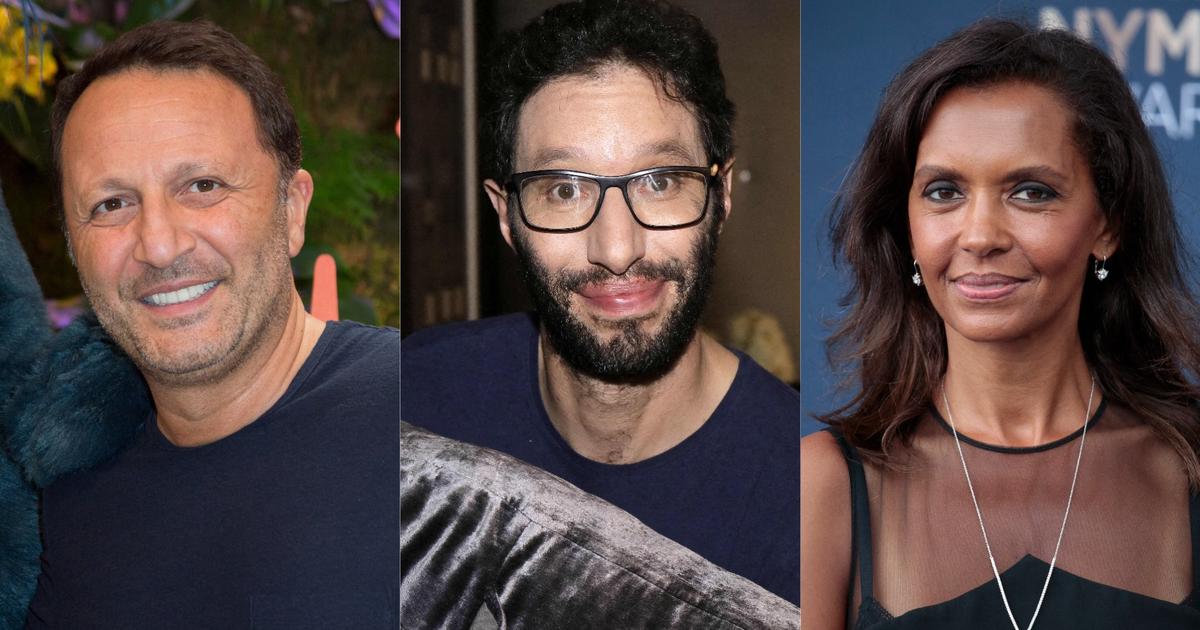
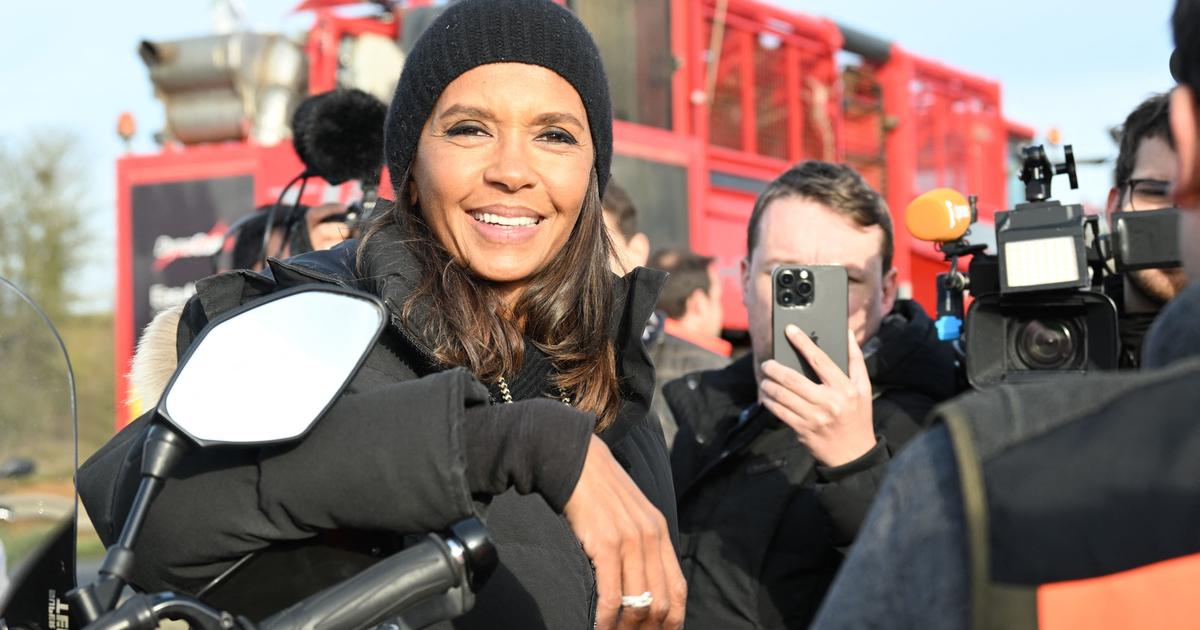
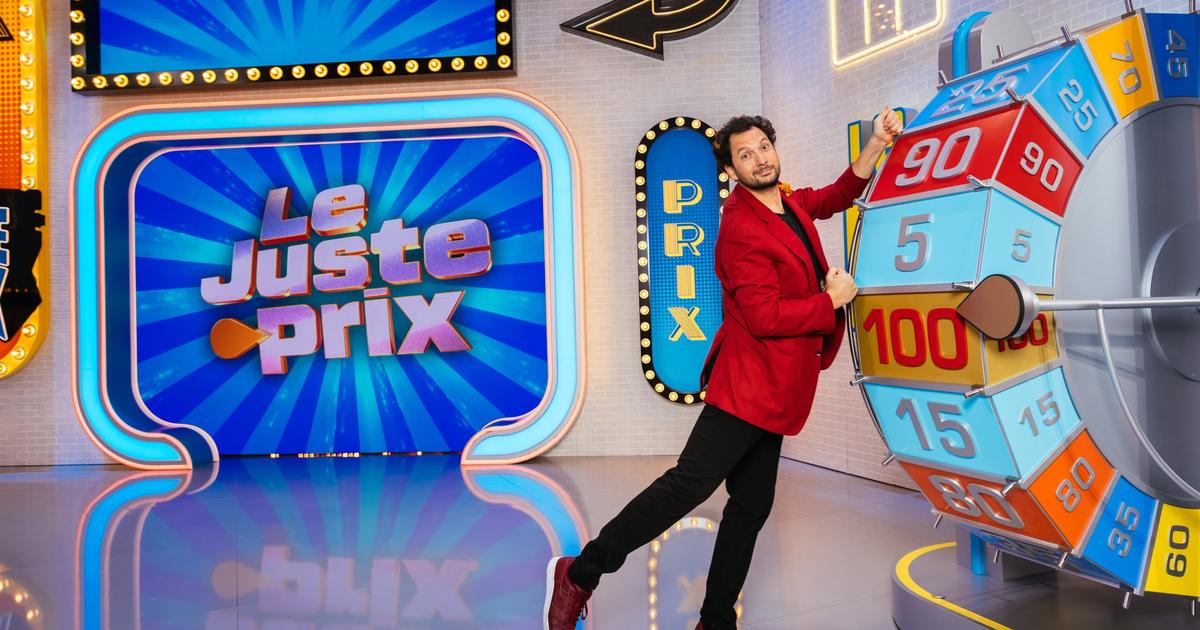
/cloudfront-eu-central-1.images.arcpublishing.com/prisa/SXWWMN2FTLWNXYCIZP2DR3VND4.jpg)